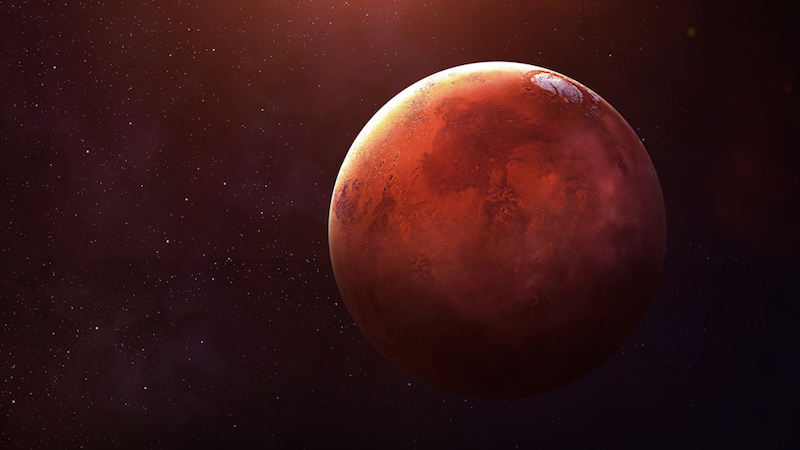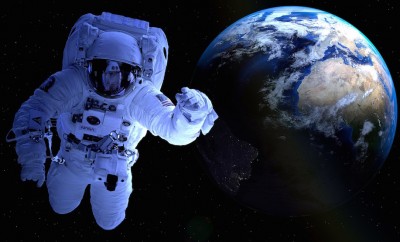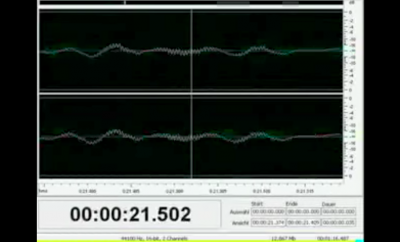Adventure Travel
New study suggests going to Mars causes brain damage

Image: Vadim Sadovski/Shutterstock
As the race to put astronauts on Mars continues, many scientists question the potential repercussions of such a feat. And with a manned mission looming in the future, the time for research is now. The problem in question? The side effects of long-term exposure to harmful radiation in deep space.
Scientists have long known that the radiation from galactic cosmic rays can be harmful to astronauts. But manned explorations of space don’t typically go further than Earth’s protective magnetosphere. The few exceptions have been short trips to the moon, which haven’t provided enough data to study the effects of long-term exposure to radiation. For comparison, the journey to reach Mars will take a minimum of six months.
But in a new study published in Scientific Reports, the data is undeniable. Charles Limoli, a co-author of the study and professor of radiation oncology at UC Irvine says, “These charged particles are very dangerous. The reason is, they are very energetic and fully ionized, and when they travel through the body, they produce this type of damage that the cells and tissues of your body find very difficult to recover from. Now, it really looks like the complications associated with these exposures to the brain are becoming one of the more difficult to deal with.”
The study, conducted over eight years, exposed mice to similar levels of cosmic radiation that astronauts would experience in space. The mice were then sent through exercises to test cognitive function.
What researchers found was frightening: behavioral adaption, cognitive flexibility, memory, and the abilities to multitask and learn were all negatively impacted. And new data released after the study was published indicates that the mice still suffered from decreased cognitive functions even a year after they were exposed to radiation.
Now that the research has been done, it’s imperative for scientists to find solutions to the problem at hand. Limoli adds, “These astronauts are not going to come back with full-blown Alzheimer’s. But there is the chance that there will be some mild cognitive impairment, and we just don’t know to what extent that will manifest.”
Two schools of thought have arisen in the wake of this monumental study. One will test pharmaceuticals, similar to those given to cancer patients undergoing radiation, for their effectiveness to protect astronauts in space. The other is more surprising: radiotrophic fungi. Specimens of such fungi were found near Chernobyl growing toward, rather than away from, the accident site.
While research is still in progress, it’s clear that scientists will discover the best solution to protecting astronauts against galactic radiation before manned missions to Mars happen.





0 comments